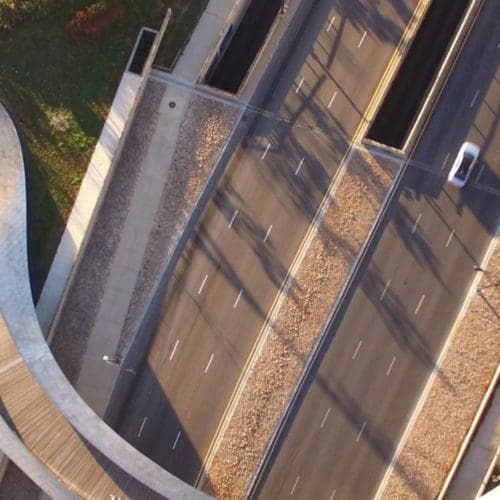Arbitration News: Memorials or pleadings? A cultural conflict
May 2018A leading construction QC believes “memorials are suggested in 40% of construction arbitrations. 10 years ago this was never the case”. The clash of memorials and pleadings is a cultural one and has been one of intense debate in the international arbitration sector.
What is the difference between memorials and pleadings?
The real difference between the two comes down to the timing of the witness statements and expert reports. The real question implied in the memorials versus pleading battle is whether parties should serve witness statements and/or expert reports alongside the pleadings and supporting evidence. Memorials closely match aspects of litigation in civil law jurisdictions whereas pleadings are more aligned to common law jurisdictions. Similar to a motion in US civil litigation, memorials in construction arbitrations are submitted to achieve a final ruling on the dispute. They are intended to provide the arbitration tribunal with all the facts and evidence upon which the parties seek to rely on at the final hearing.
A closer examination
The pleading process consists of exchanges on facts, then submission of the witness statements and expert reports and then finally submissions on the law. Those in favour of pleadings, usually those with practice in English litigation, believe that memorials are inefficient as subjects, on which evidence is led on, as it may later turn out to be points of no dispute. Advocates for the pleadings process also argue that value points to a party’s case may only arise in rebuttal, therefore requiring two rounds of witness statements or expert reports. Pleadings are favoured also as there is no upfront costs of preparing experts/witnesses as there may be with memorials.
Those advocating for memorials would argue that the arbitration tribunal gets a complete package of the legal and factual matters from the very start of the arbitration. This prevents the arbitration from dragging from one procedural hearing to the next without any tangible progress being made. The production of the evidence at the earliest stages of the arbitration may have the effect of narrowing factual issues or ruling out some points entirely as issues of non-dispute. This not only streamlines the factual issues surrounding the dispute but may also increase the likelihood of resolving the dispute. Memorials have the effect of encouraging parties to face up to the case from an early stage and reminds the parties that extra expense will have to be expended in the early stages of the arbitration. These legal and commercial influences may encourage the parties to engage in realistic early evaluation of the dispute and potentially earlier settlement.
An appetite for memorials?
The memorial ‘all cards on the table’ process of arbitration intends to show the entirety of a parties case from the outset. As well as this approach being endorsed by those from civil law jurisdictions, most major arbitration institution rules and the UNICTRAL Rules assume that parties will serve the arbitration tribunal and the opposing party with all the documents you intend to rely on alongside the pleadings. Arbitral institutions such as the ICC prefer the memorial approach whereas the LCIA preferred the pleading approach. Some international arbitration practitioners have voiced concerns that English stylised pleadings are no longer fit for purpose. Often in cases referred to arbitration one party has a significantly stronger position on the law but this will only come to light at the very end of the submissions.
The memorial style of pleading can be very burdensome in construction arbitrations due to the volume of documentation and the complex nature of the delay, quantum and technical issues. Construction arbitrations require those involved to manage the resources properly and to understand the issues in dispute. Whether or not memorials are favoured over pleadings, for effective arbitration to take place the tribunal must be suited to grasp the issues in dispute and manage the parties accordingly. When addressing the pleading or memorial issue, parties should consider the institutional rules to which the arbitration is bound and whether parties’ cases would be effected by the one style of pleading over the other.
For further information on any of the issues covered here please contact Antony Smith (a.smith@beale-law.com / +44 (0) 20 7469 0406) or Marc Jones (m.jones@beale-law.com / +44 (0) 20 7469 0422).
This is part of a series of mailshots. Please feel free to forward it on to colleagues. To register their details please email marketing@beale-law.com.
Download PDF








